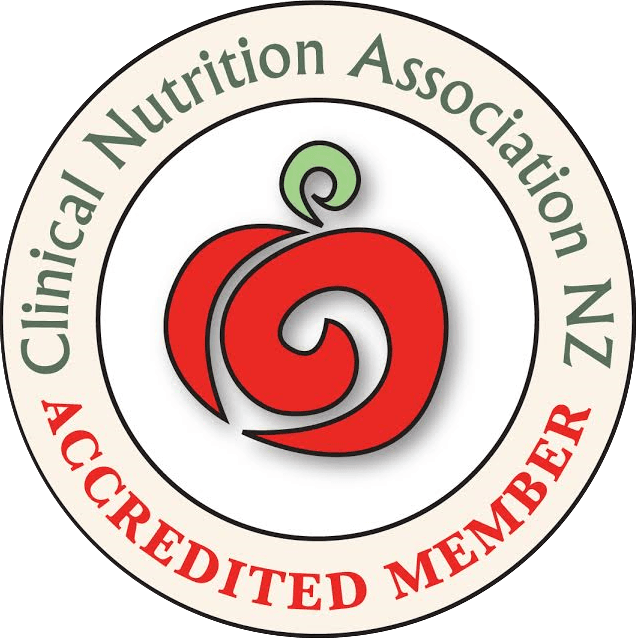Did you know that in 2013 one in every six New Zealanders were depressed? Clinical depression is serious and impacts so many. This month I’m going to discuss the causes, how it can be diagnosed and what can be done.
Firstly, to be diagnosed with clinical depression you must possess five out of eight of the following criteria:
- Poor appetite accompanied by weight loss, or increased appetiie accompanied by weight gain.
- Insomnia or excessive sleep habit
- Physical hyperactivity or inactivity
- Loss of interest or pleasure in usual activities, or decrease in sexual drive
- Loss of energy – feelings of fatigue
- Feelings of worthlessness
- Diminished ability to think or concentrate
- Recurrent thoughts of death or suicide
We must ask the question – “Why are so many people depressed”? Well there are a number of underlying causes, but a big reason is because of low levels of serotonin. Serotonin is a chemical messenger responsible for transmitting information from cell to cell. It helps elevate mood and relax the body. Serotonin production is dependent upon how much tryptophan is delivered to the brain (tryptophan is an amino acid). So, tryptophan is the precursor to serotonin – it must be there first. The thing is 95% of serotonin is produced in the gut. So if the diet consists of a lot of sugar, refined carbs and processed foods then serotonin production will be poor.
Unfortunately, if you go to a doctor or psychiatrist chances are they are going to put you on an anti-depressant. The most common antidepressant being SSRI’s which stands for Selective Serotonin Reuptake Inhibitors. These little pills stop serotonin from reuptake, so there is more serotonin hanging around capable of binding to receptor sites. In some cases this may be needed, but don’t forget medications don’t come without side effects. Some common ones include: headaches, nausea, anxiety, nervousness, insomnia, drowsiness, diarrhea, dry mouth, sweating and tremors.
There are many causes for depression. It’s very important that the cause is identified so the correct action is taken. Some causes can be chemical such as too much alcohol or caffeine. Alcohol is a brain depressant. It interferes with brain cell processes, disrupts sleep, depletes many vitamins and minerals including: B Vitamins, Iron, Magnesium and Potassium to name a few. This depletion can disrupt mood which impacts the brain. Caffeine is a stimulant. Studies have shown many people that suffer from depression are sensitive to caffeine. It has been known to make people anxious, panic, nervous and irritable if one has too much. Some other causes include hypoglycemia (low blood sugars), hypothyroid, hormonal imbalances, (especially being on the birth control pill), environmental toxins, blood pressure lowering drugs, stress and food intolerances and allergies.
So, what can be done? Being a fitness instructor as well as holistic nutritionist my first point of call is exercise. I believe it to be the most powerful natural anti-depressant out there! It increases feel-good endorphins which are directly correlated with mood as well as improves ones self-esteem. Since tryptophan is the precursor to serotonin tryptophan rich foods will help as well. These include: eggs, cheese, pineapples, organic tofu (soy in general), salmon, nuts, seeds and turkey. Magnesium and B6 help convert tryptophan to serotonin, so these foods should be included: dark leafy greens, pumpkin seeds, sesame seeds, brazil nuts, almonds, cashews, bananas, figs and dark chocolate. You can also supplement with 5 HTP (hydroxytrptophan), which gets converted to serotonin. Studies have shown that 5 HTP is as effective as anti-depressants, better tolerated, less costly and without major side effects. It also helps increase melatonin in the brain, which has been shown to be low in those that suffer from depression.
Eating a healthy diet of whole, nutrient-dense foods that feed and nourish your gut is important. The mediterranean diet which is high in fish, natural fats, vegetables, fruits and nuts is a great way of eating to follow. Also, correcting any nutrient deficiencies as just a single nutrient deficiency can alter brain function and lead to depression or anxiety. Examples include: B vitamins, Vitamin C, Vitamin D (particularly true for seasonal affective disorder), Omega 3 fatty acids, Zinc, Selenium and Chromium. A high potency multi-vitamin can be the way to go. I’m a huge fan of Vitamin Code Multi’s.
As the brain requires a constant supply of glucose, balancing blood sugars is important. This include consuming low glycemic index foods such as lean meats, beans, lentils, oats, quinoa and vegetables. This ensures that carbohydrates are digested slowly resulting in a more gradual rise in blood glucose levels.
Lastly, you want to balance dopamine in the brain, as low levels can lead to depression. Dopamine is a neurotransmitter in the brain associated with pleasure. Tyrosine is the building black of dopamine. It can help with feelings of pleasure, alertness, concentration and euphoria. Tyrosine rich foods include: almonds, avocado, banana, chicken, chocolate, coffee, green tea, watermelon and curcumin.
As you can see there are many ways to help with depression and food plays a huge role! It’s important to discover the reason for the depression so the correct action can be taken.


